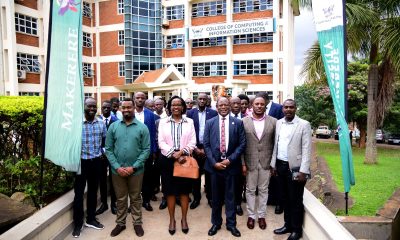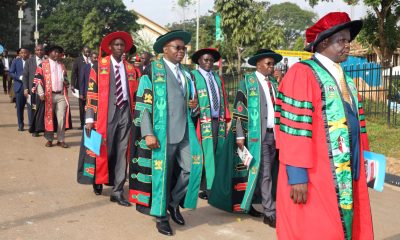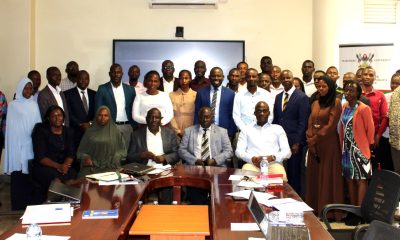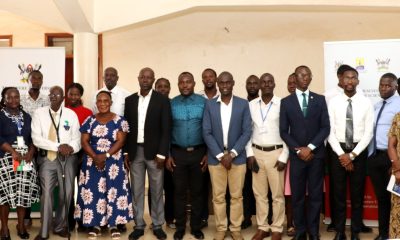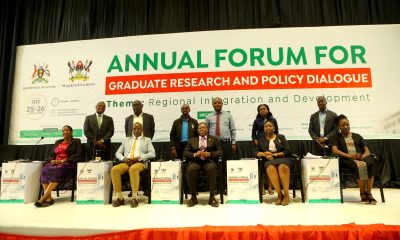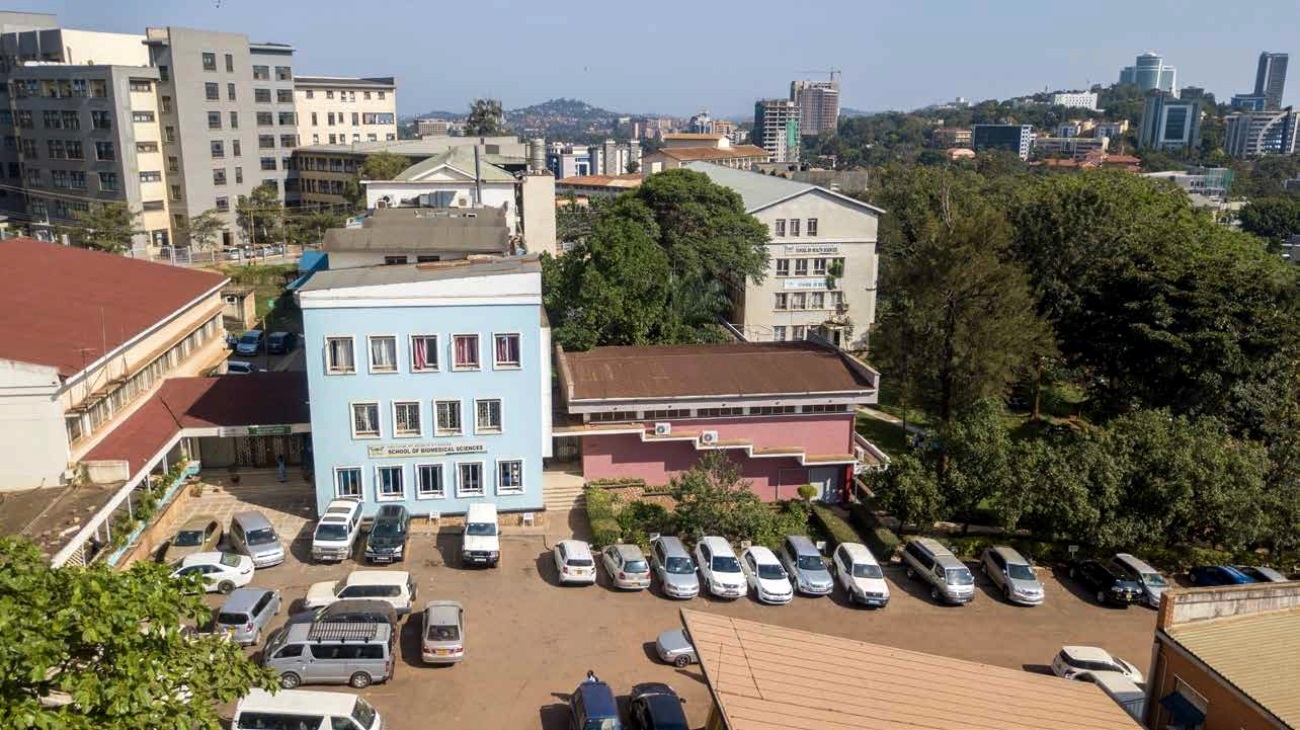By Okeya John & Davidson Ndyabahika
As the COVID-19 pandemic swept across Africa, it brought with it a wave of unprecedented challenges, impacting economies, social dynamics, and political structures. National healthcare systems were particularly strained, prompting governments to implement various strategies to combat the virus and its repercussions. Among these measures were the introduction of incentives, both financial and non-financial, aimed at boosting the morale of health workers and bolstering the capacity of healthcare systems to respond to health emergencies.
Due to COVID-19’s increased risks and demand on healthcare workers working in already overburdened health systems, incentive packages must be strengthened. Researchers conducted a multi-country qualitative study in DRC, Nigeria, Senegal, and Uganda with funding from the Bill and Melinda Gates Foundation and Gates Ventures/Exemplars in Global Health. The study examined pandemic-related workplace incentives. In 60 virtual interviews via phone and Zoom, ministry officials, policymakers, and health care providers provided important viewpoints.
Entitled “Health Workforce Incentives and Dis-Incentives During the COVID-19 Pandemic: Experiences from Democratic Republic of Congo, Nigeria, Senegal, and Uganda,” the research conducted by healthcare experts delved into the realm of incentive mechanisms, their allocation, and the inadvertent dis-incentives experienced by the health workforce amidst the pandemic response efforts.
The researchers were from Makerere University School of Public Health (Uganda), University of Kinshasa (DRC), University of Ibadan (Nigeria) and University of Dakar (Senegal). The research team comprised Suzanne Kiwanuka, Ziyada Babirye, Steven Kabwama, Andrew Tusubira, Susan Kizito, Rawlance Ndejjo, Marc Bosonkie, Landry Egbende, Berthold Bondo, Mala Ali Mapatano, Ibrahima Seck, Oumar Bassoum, Mamadou Leye, Issakha Diallo, Olufunmilayo Fawole, Segun Bello, Mobolaji Salawu, Eniola Bamgboye, Magbagbeola David Dairo, Ayo Steven Adebowale, Rotimi Afolabi, and Rhoda Wanyenze,
In their work, the scientists authoritatively note that: “Health worker incentives during the COVID-19 response were mostly unplanned, predominantly non-financial, and invariably implemented. Across these countries, there were neither guiding frameworks nor standard pre-determined packages of financial and non-financial incentives for health workers during emergencies.”
Before the outbreak of the COVID-19 pandemic in December 2019, “Africa already had weak health systems,” they note, citing that the pandemic exposed this challenge, increasing work overload for health workers, mental stress, infections and deaths, who in turn, needed incentives to adequately work to respond and deliver good health outcomes during the emergency.
However, due to the dire working conditions, the Word Health Organization (WHO) had warned that frontline healthcare workers were most at risk of acquiring the deadly COVID-19 virus. In their report, WHO highlighted that between January 2020 and May 2021 alone, over 80,000 to 180,000 health and care workers respectively, had died of COVID-19 globally, calling for urgent need to reverse the tide.
From this study, Senegal faces a doctor and nurse shortage with only 0.38 healthcare workers per 1,000 people, well below the WHO recommendation. By December 2021, Senegal had recorded 75,055 COVID-19 cases and 1,890 deaths, including five health workers. Similarly, Uganda, with approximately 2.58 healthcare workers per 1,000 people, reported 146,030 COVID-19 cases and 3,306 deaths, including 37 health workers.
The researchers also noted that the DRC had 1.05 healthcare workers per 1,000 people, with 79,632 cases and 1,225 deaths, including 35 health workers. Nigeria faced a similar challenge, with 2.0 healthcare workers per 1,000 people, 243,450 cases, and 3,031 deaths by December 2021, including seven health workers. These findings stressed the strain on Africa’s fragile healthcare systems in responding to the COVID-19 pandemic.
“These challenges and consequences resulted in health workers either absconding from duty or in extreme circumstances, resigning from the health profession and opting for alternative professions,” the researchers note in their review of the COVID-19 response in Africa. They state that elsewhere by this time, measures had already been mounted to motivate health workers, necessitating a similar response in the continent.
In the countries where the study was conducted, the strategies adopted by governments and development partners to counter declining health worker motivation included offering financial rewards like allowances and salary increments, and non-financial incentives like adequate provision of medicines and supplies, on the job trainings, medical care for health workers, social welfare including meals, transportation and housing, recognition, health insurance, psychosocial support and increased supervision.
The researchers found that the financial rewards were a big motivating factor for the health workers in these countries in sustaining the health systems and COVID-19 efforts, while the non-financial incentives also contributed to improved health worker determination.
The incentives, although a success, however in their strength lied the weaknesses. The multi-country study reveals that the incentives had the double effect of creating disincentives and demotivating healthcare workers. This was occasioned by the lack of personal protective equipment, transportation to health facilities during lockdown, long working hours, harassment by security forces and perceived unfairness in access and adequacy of the rewards.
The study got its findings from virtual key informant interviews with the staff at ministries of health, policy makers, and health workers. In the study report, health managers and workers in DRC, Nigeria, Senegal, and Uganda confirmed that health workers received monetary benefits as a means of motivation for their effort towards the continuity of health services.
In Senegal, incentives were reported to mostly be financial. However, in DRC, although the salaries of the health workers involved in COVID-19 testing were reported to be similar to all other staff in response committees like epidemiological surveillance, case management, and communication, the government moved to temporarily waiver taxes to bait the COVID-19 health workers during the pandemic.
“Since financial incentives were mostly administered in an ad-hoc manner, some health workers felt they were unfairly distributed and complained about the lack of transparency in the allocation of these incentives. In Nigeria, it was reported that payments did not meet the health worker expectations, while in Uganda, it was reported that allowances were given selectively to some health workers such as those involved in contact tracing, COVID 19 testing, and COVID 19 isolation units but not to others.” The study report reads in part.
Respondents also revealed that although allowances were availed, there was dissatisfaction caused by delays and non-payment. In Uganda for example, the recruitment of additional 700 staff on contract although initially perceived positively, their irregular dismissal following budget shortfalls created discontentment and immense pressure for the government.
Accordingly, the authors observe that the incentive packages in the four African countries were inconsistent, lacked transparency, adequacy, and equity. “Therefore, there is a need to develop guiding frameworks within which governments and partners can deliver incentives and reduce dis-incentives for the health workforce during emergencies.”
The study suggests that during health emergencies like COVID-19, increased risks and workloads should mandate the provision of safety gear and adequate supplies. However, the researchers caution that both financial and non-financial incentives can have unintended consequences if perceived as unfair in their implementation.
They also call for incentives to be pre-determined, equitable and transparently provided during health emergencies ‘because arbitrarily applied financial and non-financial incentives become dis-incentives’, while still holding that the financial incentives are only useful in as far as they are administered together with non-financial incentives such as supportive and well-resourced work environments.
“Governments need to develop guidelines on incentives during health emergencies with careful consideration of mitigating potential dis-incentives. The harmonization of roles across state and non-state sector players in incentivizing the health personnel during health emergencies is paramount.” The study affirms.
Find the detailed scientific study here.
View on MakSPH
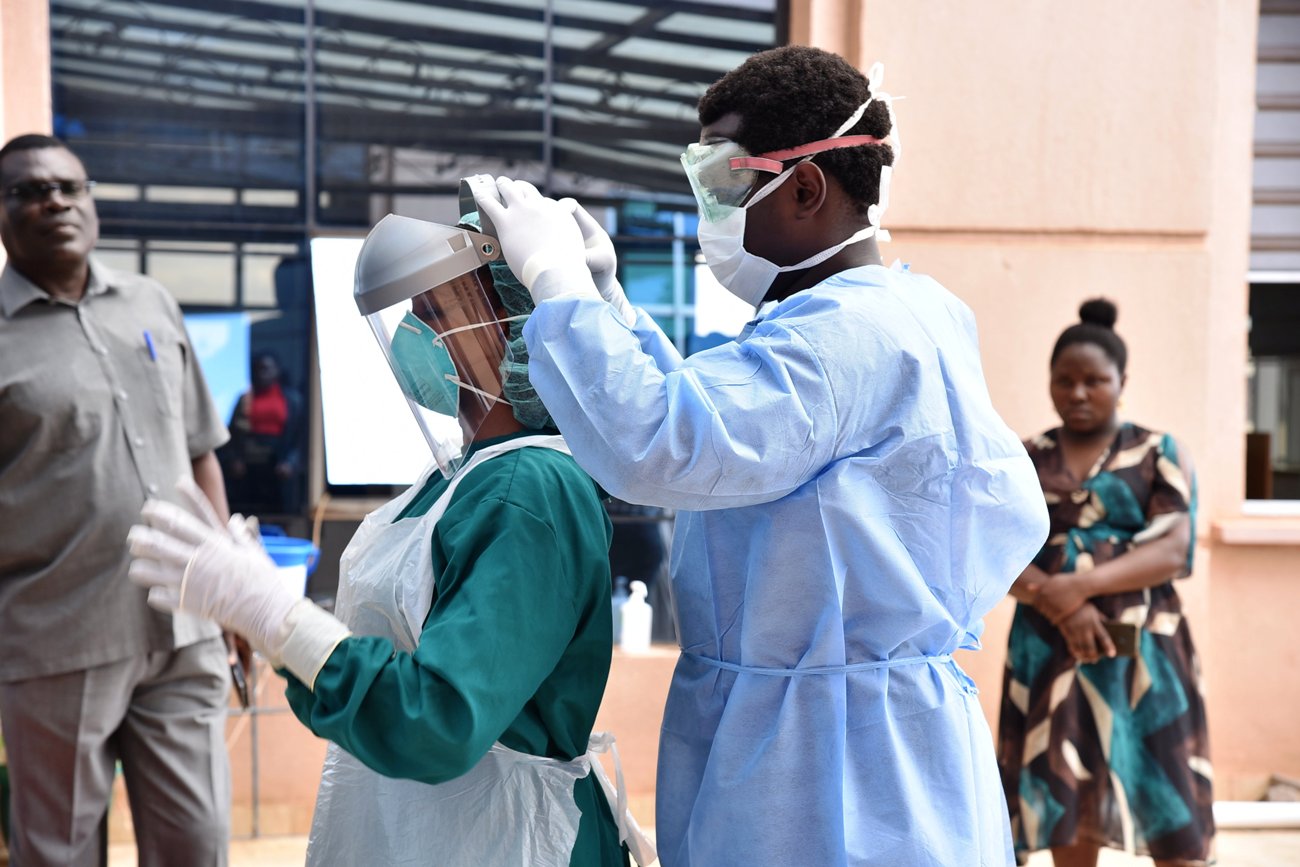
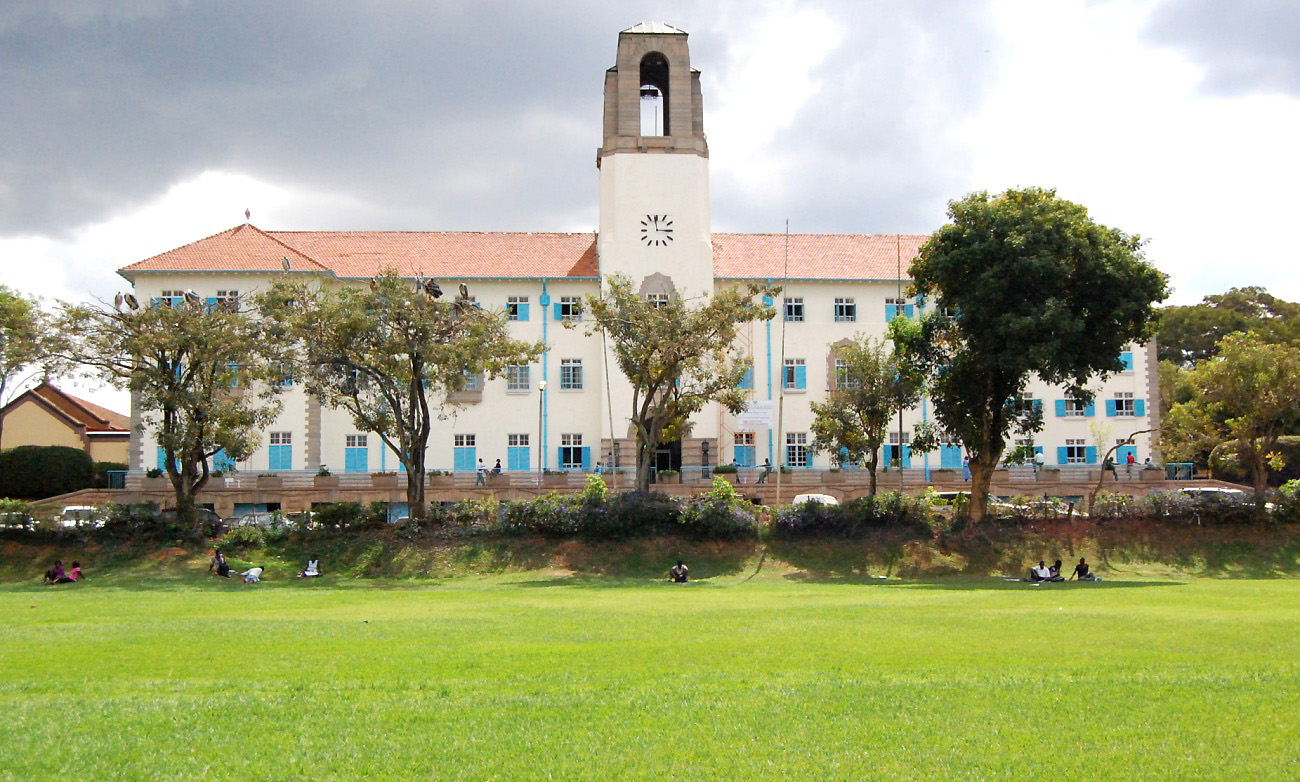
 General5 days ago
General5 days ago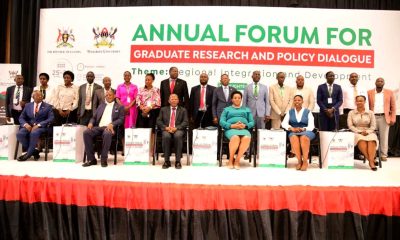
 Research1 week ago
Research1 week ago
 Education5 days ago
Education5 days ago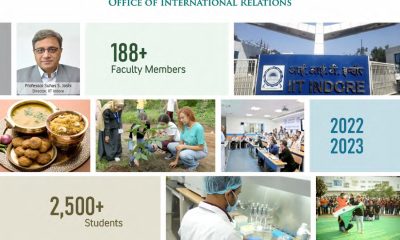
 General1 week ago
General1 week ago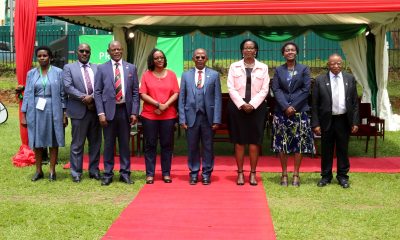
 General2 weeks ago
General2 weeks ago
